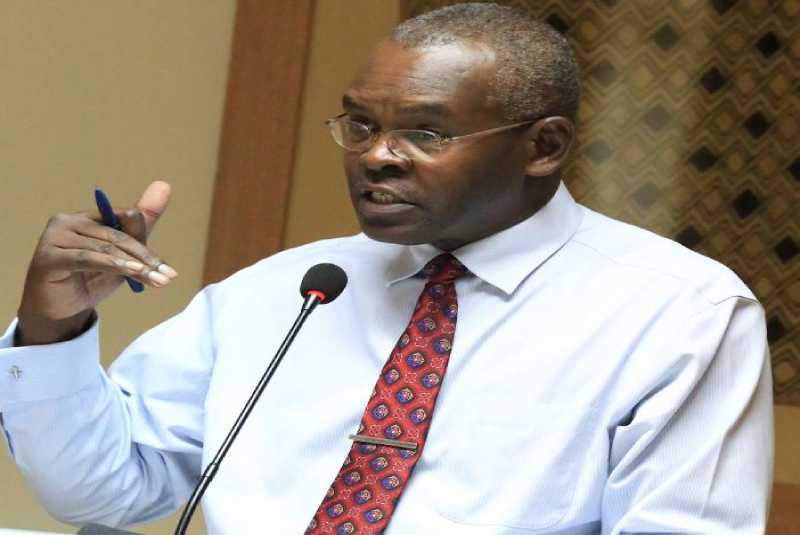×
The Standard e-Paper
Join Thousands Daily

PS Treasurer Dr Kamau Thugge addresses Business Writers and Editors during Pre-Budget Breakfast Meeting with the Media at Intercon Hotel Nairobi 23/03/17 [PHOTO: MOSES OMUSULA]
The National Treasury gave Kenyans only one day to comment on the Budget Review and Outlook Paper (BROP), a key document in public financial management.